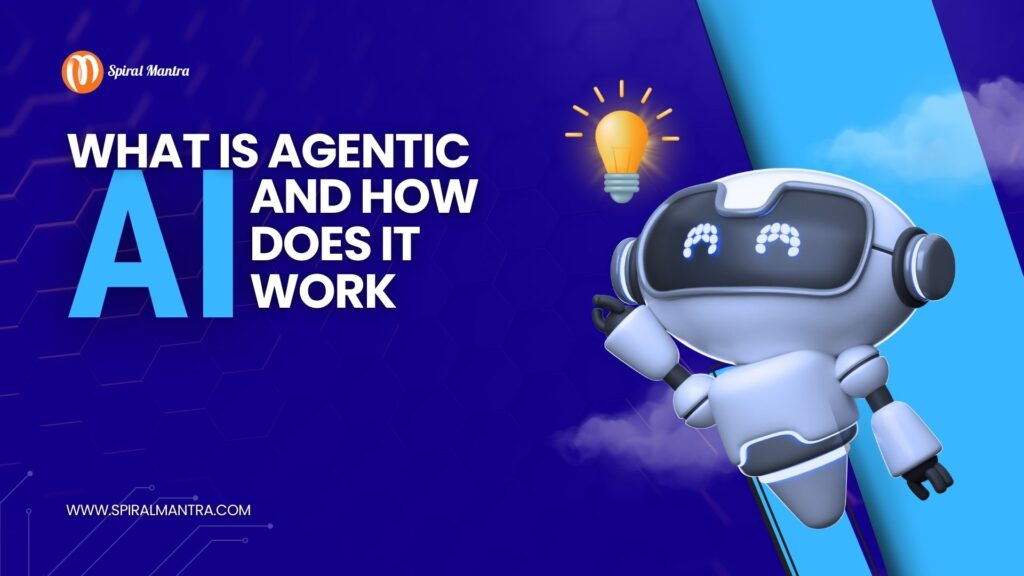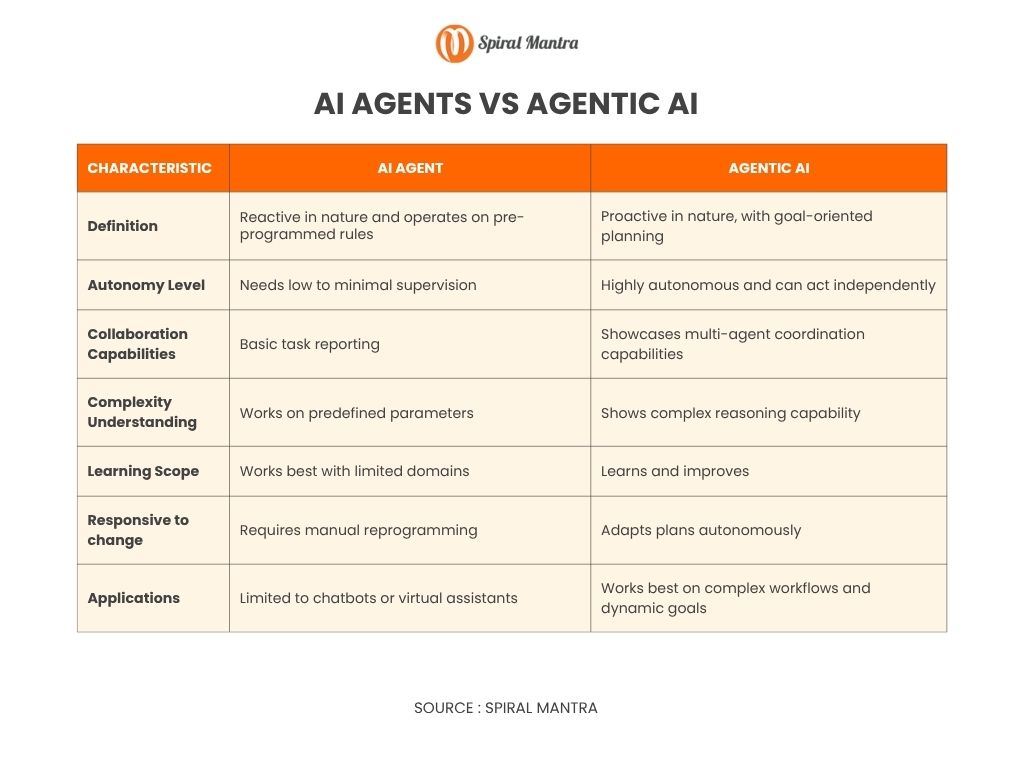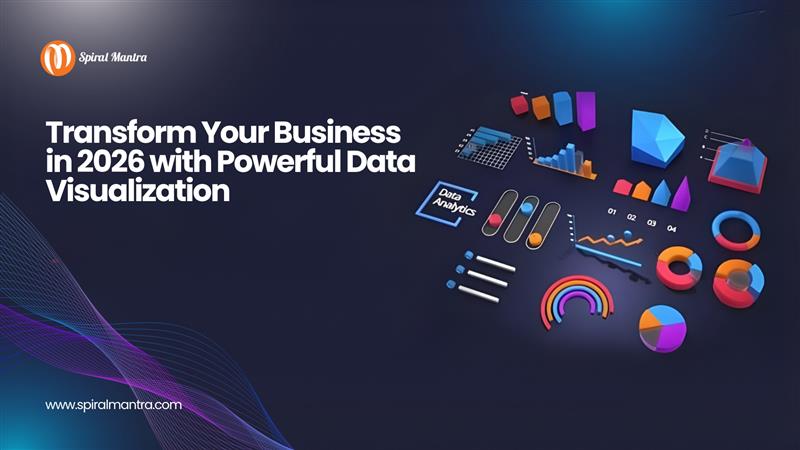
Improve User Experience With Agentic AI
Artificial Intelligence has transformed how businesses operate. It brings intelligence and automation to every aspect. And, as enterprise AI automation evolved, a new era has emerged: agentic AI. Unlike traditional AI agents, these autonomous AI systems go beyond predefined tasks, helping organizations scale faster with powerful AI solutions.Well, according to a recent report by Gartner, less than 1% of enterprise software applications used agentic AI techniques in 2024. This means that the number could rise to 33% by 2028, meaning more businesses are starting to see great value in agentic AI. In today's blog, we will discuss the whys and hows behind its adaptation:
What is Agentic AI?
Agentic AI is an advanced form of artificial intelligence focused on autonomous decision-making and action. Unlike traditional AI, which primarily responds to commands or analyzes data, agentic AI can set goals, plan, and execute tasks with minimal human intervention. This emerging technology has the potential to revolutionize various industries by automating complex processes and optimizing workflows.To understand it better, let's take the example of a global supply chain operation. Traditional AI agents might detect disruptions and suggest predefined solutions, but they still require human intervention at every critical step.
Whereas, Agentic AI can independently:
Some other Agentic AI examples include autonomous chatbots for customer service, eCommerce assistants for dynamic pricing, campaign management, and financial agents for transaction processing.
Key Concepts of Agentic AI
Agentic AI systems are designed to operate with a higher degree of autonomy. It works by using AI agents, which are essentially autonomous entities designed to perform specific tasks. At its core, this technology is built on several key components:Perception:
Agentic AI gathers information from various sources such as sensors, databases, and user interfaces. This could involve analyzing text, images, or other forms of data to understand the situation.Reasoning:
Using a large language model (LLM), agentic AI analyzes the gathered data to understand the context, identify relevant information, and formulate potential solutions.For example, if tasked with scheduling a meeting, LLM can parse the text of emails to identify attendees, available times, and the meeting's purpose before scheduling one.
Planning:
AI uses data gathered to formulate a plan. This involves setting goals, breaking them down into smaller steps, and figuring out the best way to achieve them.Reflection:
AI learns from the results of its planning and action. It then evaluates whether its actions were successful and uses this feedback to adjust its plans and actions in the future. This continuous cycle allows it to evolve over time.Agentic AI vs AI Agents
While the terms "agentic AI" and "AI agents" are often used together, there is a subtle difference between the two.In simple words, AI agents are the building blocks of agentic AI. Think of it as individual tools in a toolbox, while agentic AI is the coordinated use of those tools to build an entire house.

Examples of Agentic AI Automation
Today, agentic AI is applied across various industries to automate tasks and optimize processes. Here are a few examples of its application:Challenges, Ethical Concerns, and Regulation of Agentic AI
While agentic AI promises remarkable advantages, its integration presents significant challenges that require careful consideration. These range from ethical concerns and socio-economic disruptions to technical limitations.Currently, the most pressing challenge is the ethical implication of autonomous decision-making. Because when an AI makes choices without human oversight, the risk of unintended harm is real. Hence until we develop better regulations and gain more real-world experience, it may be better to limit agentic AI to assistive roles like offering recommendations rather than allowing it to take direct actions with serious, irreversible consequences.
Now, let us look at some reasons why this should be done:
Socio-economic implications
Agentic AI can do routine tasks automatically. This means people will have more time to do important and creative work.But it could also cause many job losses, which might create monetary and societal problems. To manage this, there need to be training programmes that help people learn new skills.
Technical challenges and transparency
Since AI already works like a “black box,” we don’t always know how it makes decisions. And as agentic AI becomes more advanced, understanding how it works will get even harder. This lack of clarity will make it difficult to hold anyone responsible when ambiguous decisions affect real people.Future of Agentic AI
Today, AI mostly does tasks that humans are capable of. But in the future, agentic AI will become more independent. With that said, it may set its own goals, learn from its mistakes, and change its actions as situations change.As development tools get easier to use, even people without technical skills will be able to build AI helpers using simple interfaces. This could help manage emails, automate tasks, or organize projects without the need for coding.
In the long run, agentic AI will become more personal and adaptive. Instead of a one-size-fits-all future, AI could learn your habits, preferences, and work style to offer tailored services. Over time, AI could act more like a true partner that solves problems rather than waiting for a command!
Takeaway
Having come across Gartner’s analysis, one thing is clear: AI systems can truly think and act for themselves. And, this isn’t just automation or smarter algorithms.Today, AI systems can understand your business objectives, devise strategies to achieve them, and adapt their approach based on the results autonomously.
In the midst of all this, one thing is clear: organizations that recognize AI potential and prepare for its adoption will be best positioned in the future. And to bank upon this opportunity, our Ai solutions experts at Spiral Mantra are ready to be your trusted partner to rely on.

